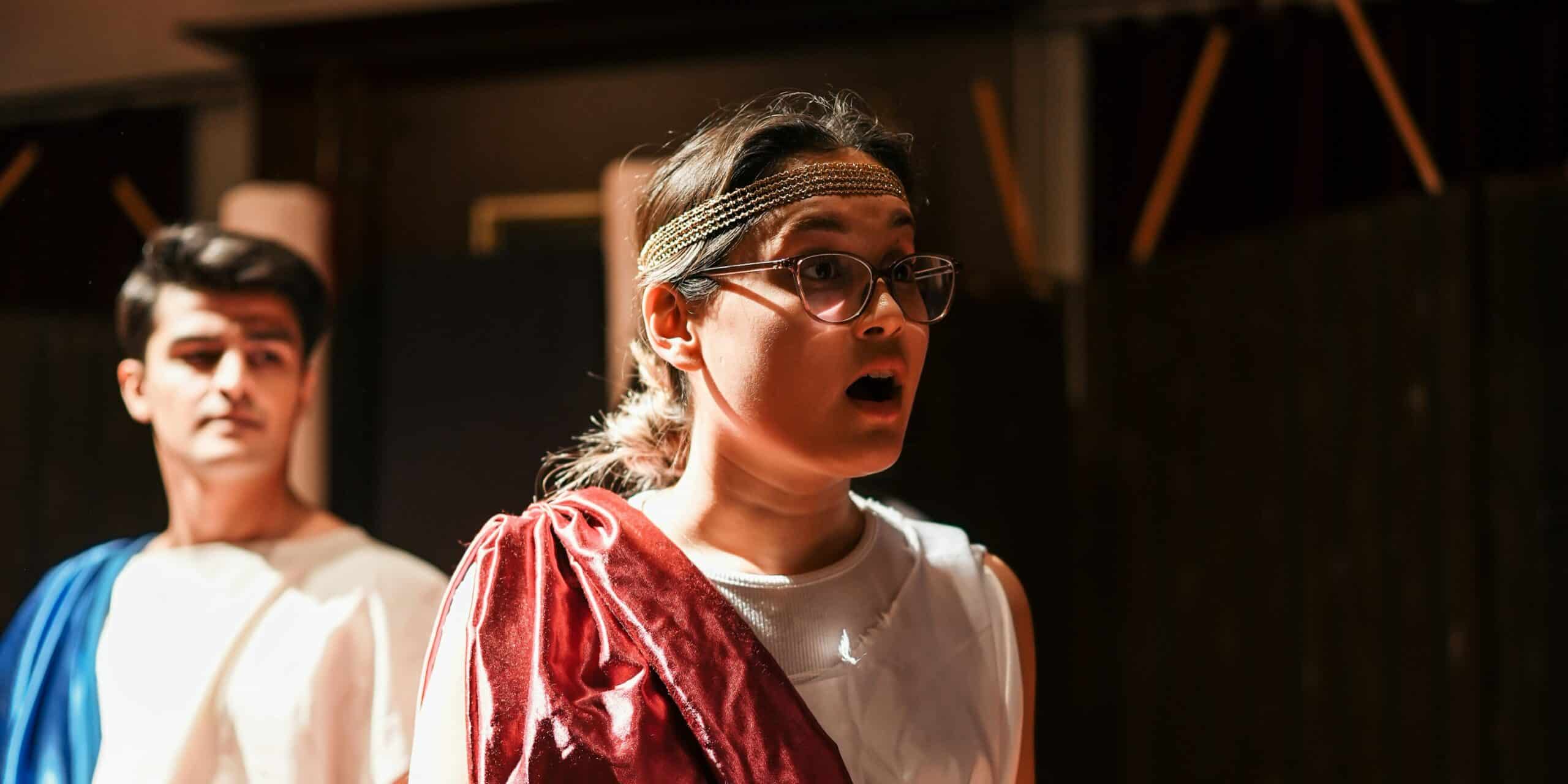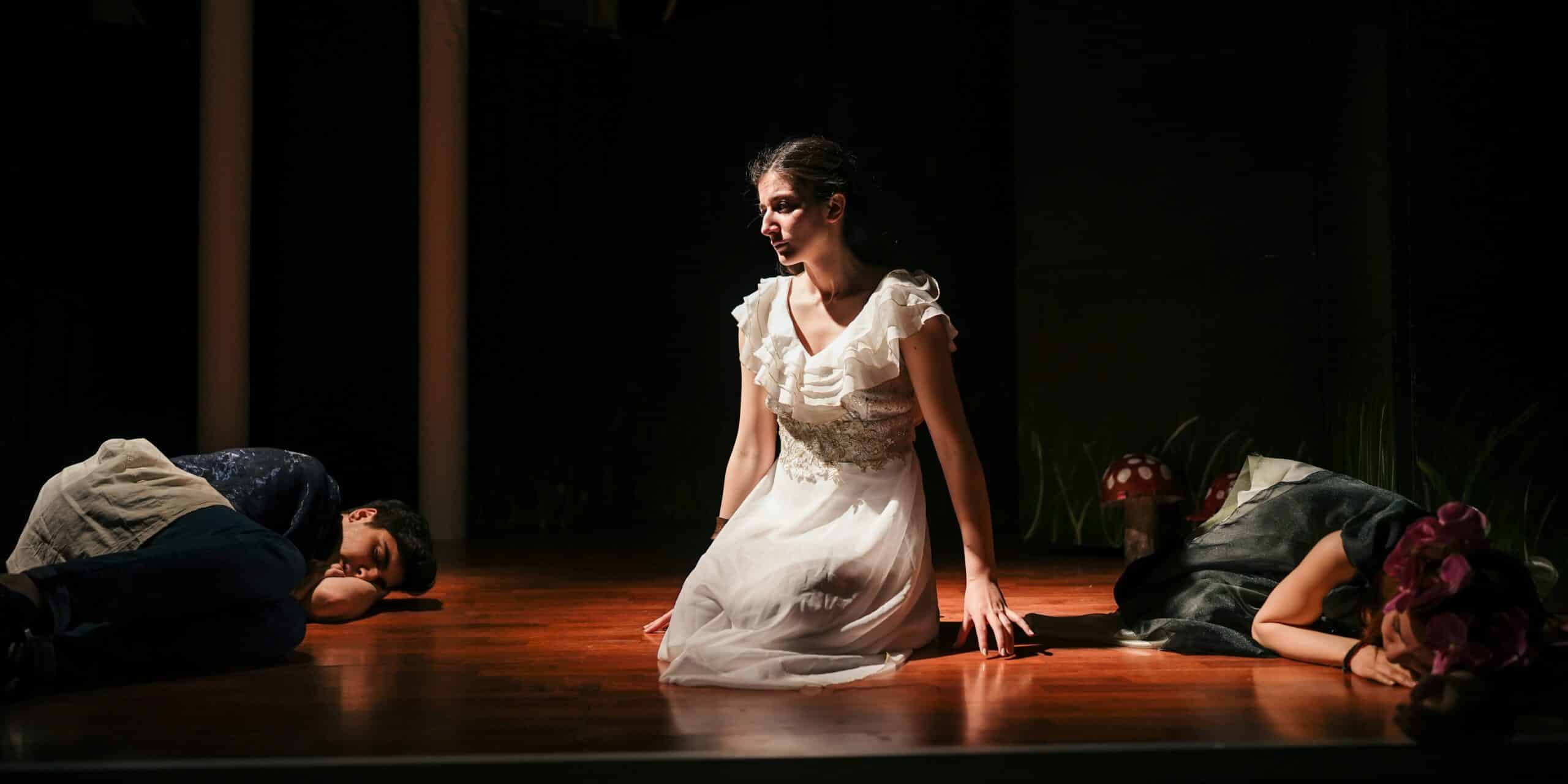Method acting is one of the most discussed techniques in the world of film and theater. It is known for its immersive approach, where actors deeply connect with their characters by drawing from personal experiences and emotions. This technique has sparked debates for decades, with some praising it for delivering authentic performances and others questioning its challenges and risks.
To understand its impact on performances, it’s essential to explore how method acting works, the benefits it brings to the craft, and the controversies it often ignites.
Understanding Method Acting
Method acting, rooted in the teachings of Constantin Stanislavski and further developed by practitioners like Lee Strasberg, emphasizes emotional truth. Actors using this approach dive into their characters’ lives, sometimes adopting their behaviors and routines off-screen or offstage. This can mean everything from living as the character to experiencing situations that mimic their role’s circumstances.
The goal of method acting is to create a performance that feels natural and believable. By fully immersing themselves in the role, actors aim to connect with the audience on a deeper level. This approach often involves techniques like sense memory, where actors recall their own emotional experiences to bring authenticity to their performances.
One of the most cited advantages of method acting is its ability to produce genuine emotions on stage or screen. When an actor is fully connected to their character’s inner world, their performance often resonates more deeply with viewers. This can make characters feel relatable and their stories more impactful.
Another benefit is the commitment to detail that method acting fosters. Actors who adopt this technique often invest time in understanding every nuance of their character. This can lead to performances that capture subtleties and complexities, which might be missed with other acting methods.
Method acting also pushes actors to explore their emotional range. By tapping into their own experiences, actors can portray intense emotions convincingly. This can be particularly effective in dramatic roles where raw and powerful expressions are required.
Challenges and Controversies
While method acting has its strengths, it is not without challenges. One of the main concerns is the emotional toll it can take on actors. Immersing oneself completely in a character, especially one with a traumatic or dark storyline, can blur the lines between fiction and reality. This sometimes leads to mental and emotional strain, making it difficult for actors to step back into their own lives after the performance.
Another criticism of method acting is its potential to disrupt collaborative environments. Some actors’ commitment to staying in character can create tension on set or stage, particularly when it affects interactions with fellow cast members or the crew. For instance, staying in character outside of rehearsals or filming might not align with the working styles of others, leading to misunderstandings or friction.
Additionally, method acting has faced scrutiny for being unnecessarily extreme. Critics argue that great performances can be achieved through other techniques that don’t require such intense preparation. Some also question whether the method’s immersive nature is always necessary for delivering a compelling performance.
Balancing the Technique with Practicality
For method acting to be effective and sustainable, a balance must be struck between immersion and practicality. While the technique offers tools to deepen a performance, actors should consider their mental and emotional well-being. Many professionals emphasize the importance of stepping out of character at the end of the day to maintain a healthy boundary between their work and personal life.
Collaboration is also key in ensuring method acting works harmoniously in a team setting. Open communication with directors and cast members can help create a supportive environment where the technique can thrive without disrupting the creative process.
Method acting has undeniably shaped the world of performance, offering actors a powerful tool to deliver authentic and emotionally resonant portrayals. While it has its challenges, its ability to bring characters to life in meaningful ways makes it a valuable technique in the acting world.
Understanding how method acting impacts performances involves recognizing its potential for both creativity and complexity. Whether you admire its transformative results or question its intensity, there’s no denying its significant influence on the craft of acting.









